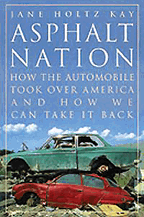The Bombing of Iraq: U.S. War Crime
By Noam Chomsky The US and its increasingly pathetic British lieutenant want the world to understand – and in particular want the people of the Middle East region to understand – that “What We Say Goes,” as Bush defined his…
